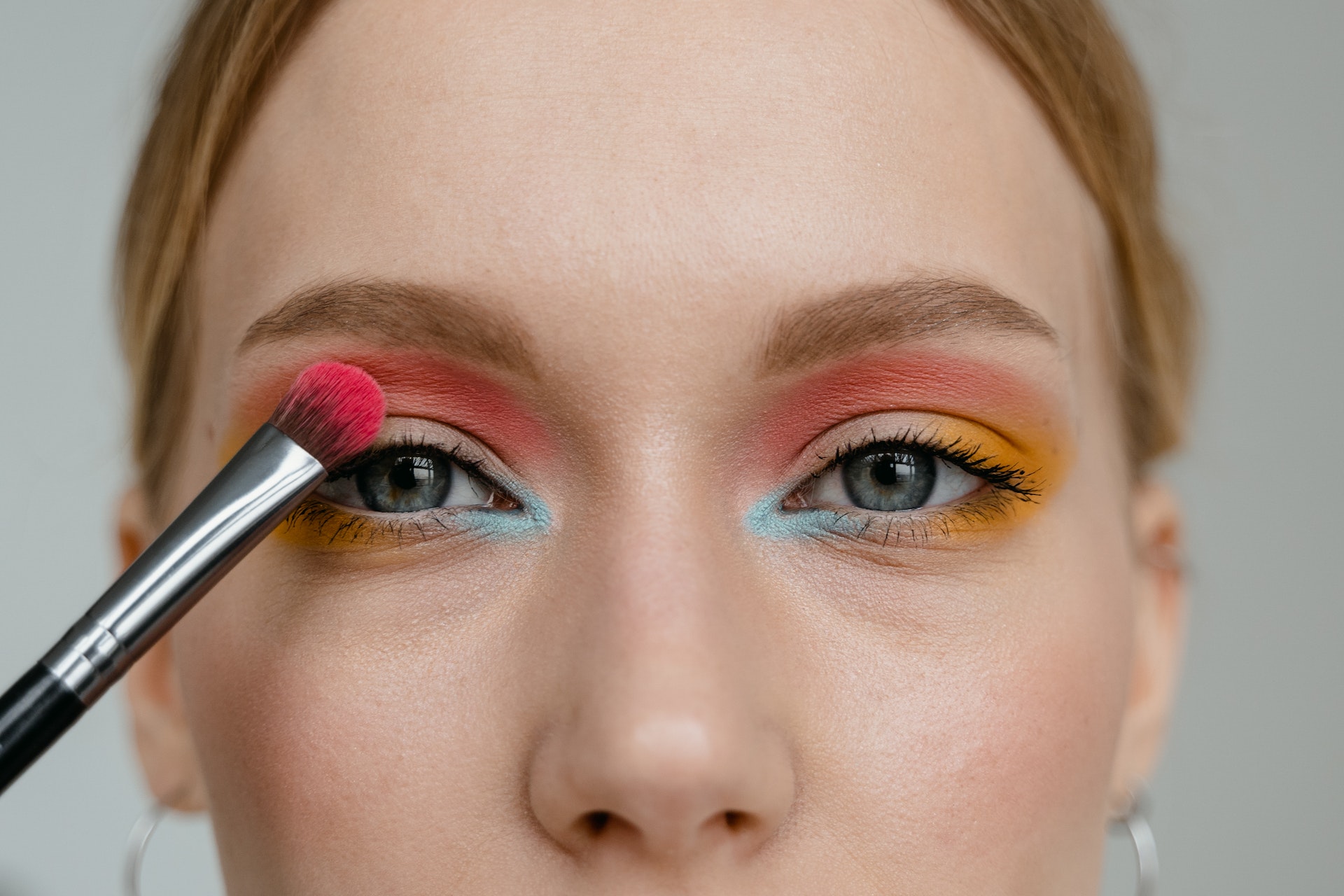The field of beauty and skincare is in a perpetual state of change, as novel methods and technologies emerge on an annual basis. In 2023, the cutting-edge beauty industry is taking a leap forward with innovative approaches that promise enhanced results and personalized experiences. From advanced skincare treatments to revolutionary makeup applications, here are the top five cutting-edge beauty techniques that are making waves this year.
Nanotechnology in Skincare
Nanotechnology is revolutionizing the skincare industry by offering a microscopic approach to beauty. With particles at the nanoscale, ingredients in skincare products can penetrate deeper into the skin, targeting specific concerns more effectively. Nanotechnology allows for the encapsulation of active compounds, protecting them from degradation and ensuring controlled release. This technique has paved the way for novel formulations, such as serums that deliver hydration to the deepest layers of the epidermis.
Researchers have harnessed the power of nanotechnology to develop advanced delivery systems for antioxidants, vitamins, and even peptides. These nano-sized ingredients can combat free radicals, promote collagen production, and rejuvenate skin cells from within. The result is smoother, firmer, and more radiant skin. Moreover, the application of nanotechnology in sunscreens has led to products that offer higher UV protection without the typical heavy, greasy feel.
AI-Powered Virtual Makeup Trials
AI-powered virtual makeup trials have transformed the way you experiment with cosmetics. Utilizing augmented reality (AR) and machine learning, beauty brands now offer virtual try-on experiences that enable users to test various makeup products without physically applying them. These virtual trials analyze facial features, skin tone, and lighting conditions to provide accurate representations of how different products will look.
This technology not only enhances the shopping experience but also helps users discover shades and styles they might not have otherwise considered. The convenience of virtually “trying on” makeup products has led to increased consumer engagement and sales for beauty brands. Moreover, as AI algorithms continue to improve, the virtual trials are becoming even more accurate and realistic, mimicking the actual finish of products on the skin. This integration of AI into the beauty realm showcases its potential to revolutionize the industry, all while minimizing the need for excessive product testing and environmental waste.
Many skincare and beauty companies are implementing AI technology. AI applications in the beauty industry encompass personalized skincare recommendations based on individual characteristics, virtual try-on experiences using augmented reality, analysis of skin care ingredients for more effective formulations, customer service chatbots for improved engagement, and optimization of supply chain processes through predictive analytics. Additionally, some companies provide AI-powered devices for skin analysis, offering insights into hydration levels, fine lines, and pigmentation.
Indeed, AI technology positively changes the beauty industry. With AI’s personalized recommendations, customers receive excellent products and services. For instance, AI also recommends products like the best types of makeup based on the individual’s skincare needs. Check out Osmosis Cosmeceutical Skincare for mineral makeup info.
Epigenetic Beauty Enhancements
Epigenetics, which investigates modifications in gene expression without modifying the DNA structure, has made its presence felt in the realm of beauty. Epigenetic beauty treatments focus on influencing gene activity to promote healthier skin and slow down the aging process. By understanding how lifestyle factors affect gene expression, personalized skincare regimes are being developed to address individual concerns.
Through epigenetic analysis, professionals can identify skincare routines that cater to an individual’s unique genetic makeup and environmental exposures. This approach goes beyond a one-size-fits-all model, tailoring treatments to optimize results. For instance, epigenetic assessments can reveal a person’s predisposition to certain skin conditions or sensitivities.
However, it’s important to note that while epigenetic beauty enhancements offer promising outcomes, the field is still in its infancy. Scientific validation and long-term efficacy studies are essential to ensure the safety and effectiveness of these personalized treatments, thus avoiding potential medical malpractice scenarios.
Laser Tattoo Removal Advancements
The art of tattooing has seen a surge in popularity over the years, but so has the demand for effective tattoo removal methods. Laser tattoo removal has long been the go-to technique, but recent advancements have made the process quicker and more efficient. Innovative laser technologies, such as picosecond lasers, deliver ultra-short pulses of energy that break down tattoo pigments into smaller fragments. This allows the body’s immune system to clear away the ink more effectively.
Sustainability-Centric Beauty Practices
This conscious shift also influences the formulations of the products themselves. Consumers are now seeking beauty solutions that offer gentle and healthy results, such as a self-tanner that provides a natural and gradual tan for body and face without the use of harsh chemicals, reflecting a broader trend toward mindful and safe beauty practices.
As environmental consciousness grows, the beauty industry is shifting toward sustainability-centric practices. Brands are recognizing the need for eco-friendly packaging, responsibly sourced ingredients, and reduced carbon footprints. From refillable makeup containers to biodegradable skincare packaging, innovations are driving the industry toward a greener future.








